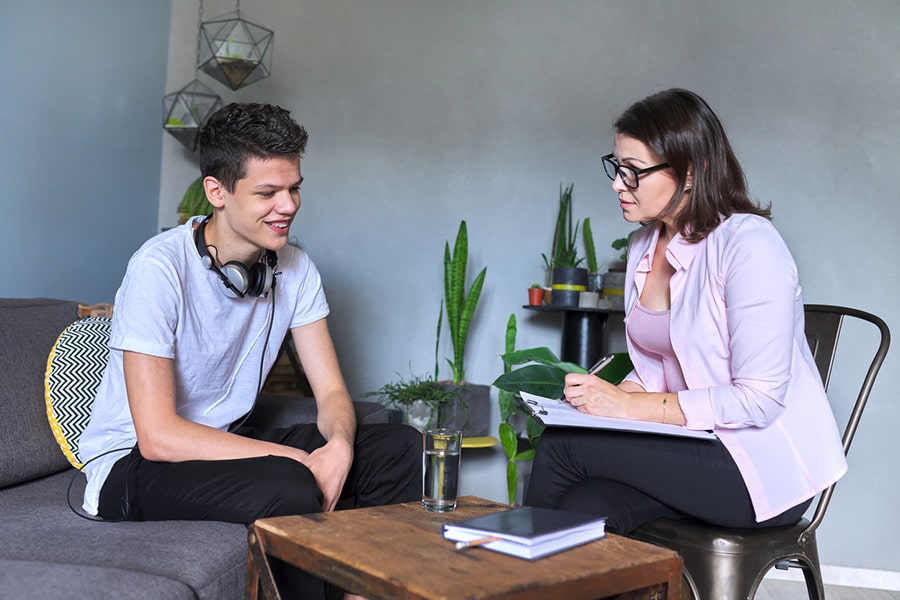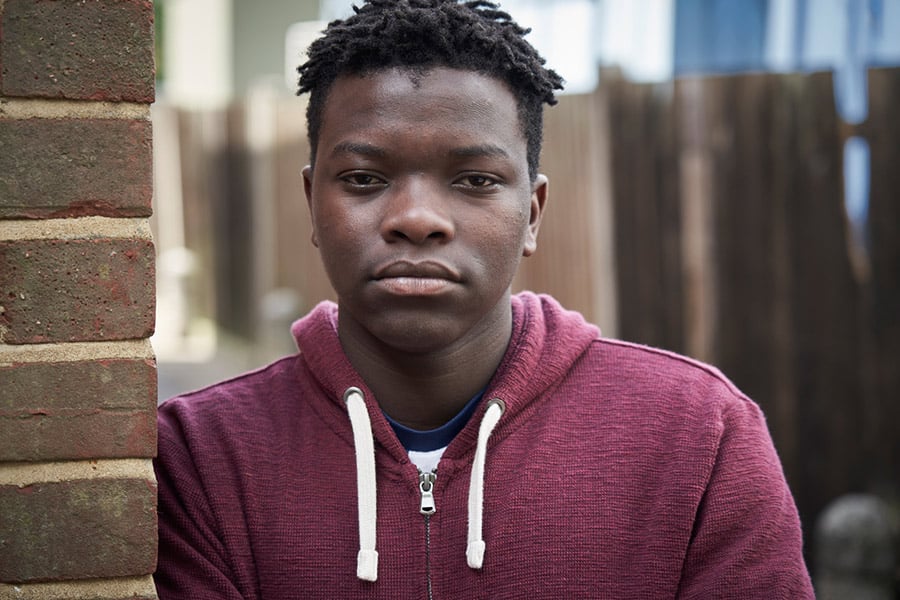Reflective Consultations
“When little people are overwhelmed by big emotions it is our job to share our calm, not join the chaos.”
L. H. Knost
Reflective Practice with Residential Childcare Teams and Foster Carers
There is a recognition that carers require a ‘helping hand’ to be able to provide genuine trauma informed care for the young people they look after. Having knowledge and attending training can be helpful but unless this is imbedded in your every practice and interactions with young people it may as well sit on a shelf. This where reflective practice consultations can help.
What is a Reflective Practice Consultation?
It is helpful to look at this as a journey; a way to develop skills in analytical thinking, encourage reflective practice and strengthen professional identity.


The Goal
The goal for reflective practice is for individual carers and teams to think about their everyday practice and become confident active practitioners rather than unsure reactive practitioners. By reflecting on practice it moves individuals through unconscious to conscious thought and practice. The message …. It is OK to wonder, to be curious, to know your strengths and weaknesses, to make mistakes and to learn from personal and professional experiences. This is the essence of the trauma informed care with growth and change viewed as aspirations for all.
The Process
Initial consultations require protected time (normally 1.5 hours) for the staff team to reflect on a specific piece of their practice. This could be carried out during a team meeting or as part of a team development day. It should be agreed in advance what the ‘practice’ issue to be reflected upon is. This gives staff time to prepare and participate effectively. It is crucial that the consultation is solution focused and not problem focused. The role of the reflective consultant is to build a therapeutic relationship with the residential childcare and foster care teams by guiding reflection. Through engagement in reflective consultations individuals and teams will ‘own their learning’ – be active participants in the process of personal and professional growth and change.

What do Reflective Consultations Provide?
- A safe environment that can explore insecurities, mistakes, questions and difficulties with a willingness and openness to learn from experience.
- An understanding of the therapeutic approach and ethos underpinning the young person’s placement.
- An understanding of their thoughts and feelings, exploring how these contribute to the relationships and behaviours within the placement.
- Consider the views and motives of others.
- Recognise that prior experience and thoughts can interact to produce a current behaviour and ‘way of doing things.’
- Recognise that a personal frame of reference can change by gaining new information and reviewing ideas.
- A recognition that collective teams who have a ‘shared vision’ are more likely to be productive and innovative.
A Reflective Practice Model
There are several reflective models that can be used and it is up to the consultant and the team to choose one that best suits them and their team. Different models will be explored as part of the course. For illustration purposes (Gibbs, 1988) model is used:
- Description: What happened?
- Thoughts / Feelings: What were you thinking and feeling?
- Evaluation: What was good and bad about the experience?
- Analysis: What sense can you make of the situation?
- Conclusion: What else could you have done?
- Future planning: If this situation arose again what would you do?
What are the benefits?
- Residential and Foster Carers have space and time to think through and discuss the difficulties they face working with complex young people – They feel listened too, invested in, and they find solutions!
- They develop into consciously competent and confident practitioners.
- The placement they provide meets the young people’s needs and offers positive short term and lifelong outcomes.
- There is a positive effect in staff retention.